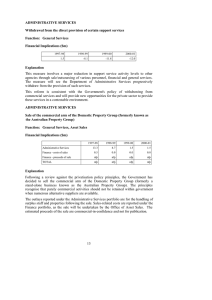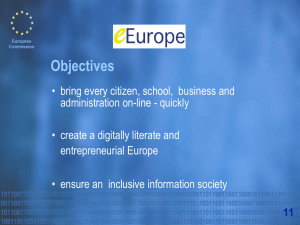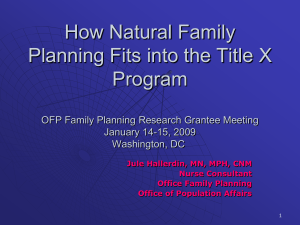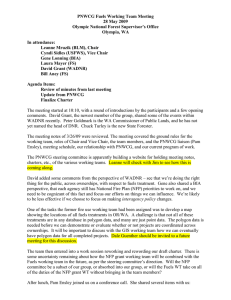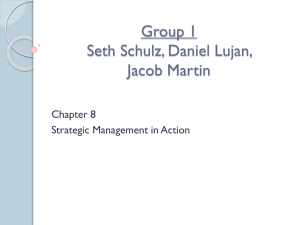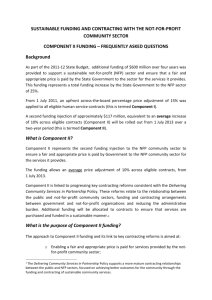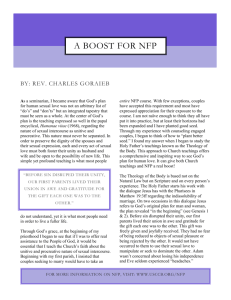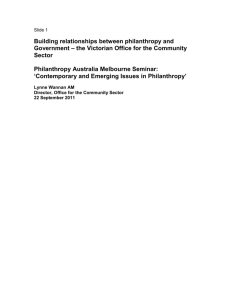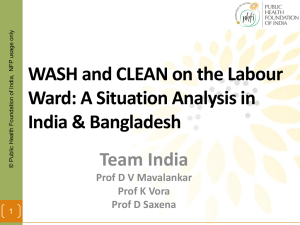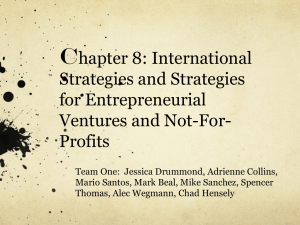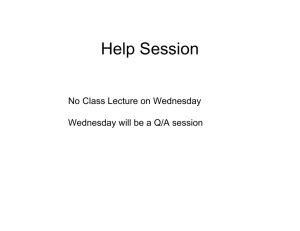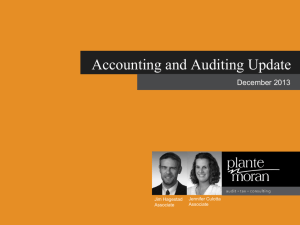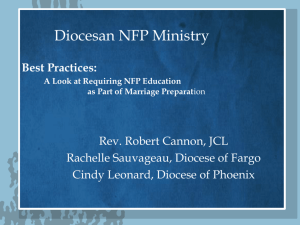Governance Capability Framework Case study Leadership Victoria
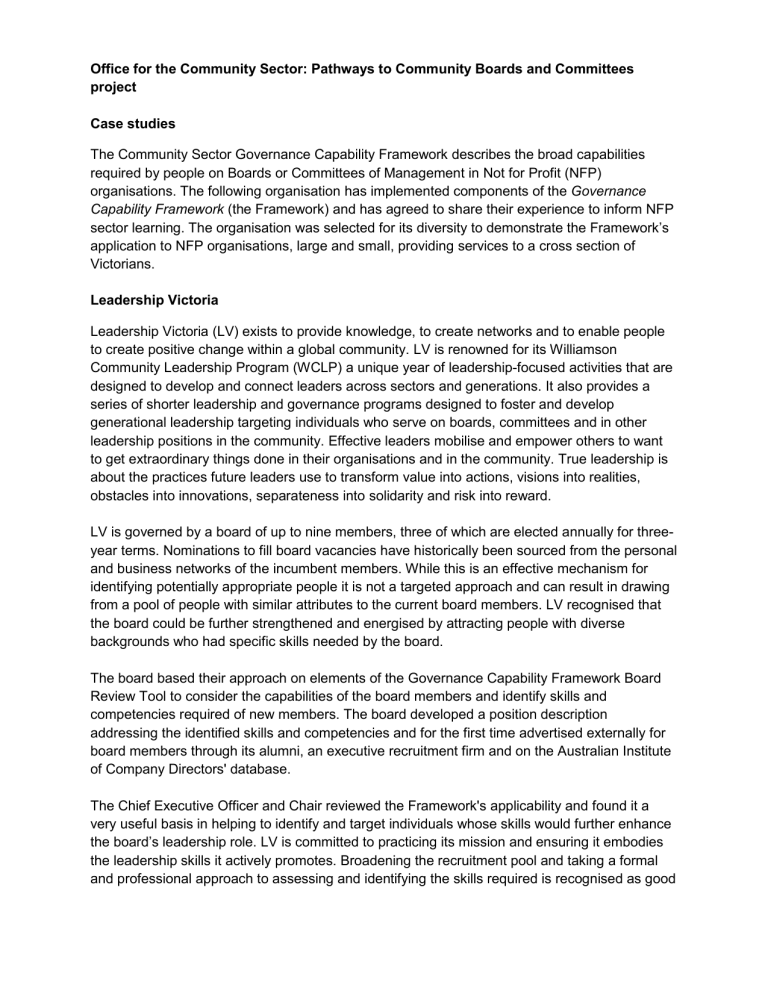
Office for the Community Sector: Pathways to Community Boards and Committees project
Case studies
The Community Sector Governance Capability Framework describes the broad capabilities required by people on Boards or Committees of Management in Not for Profit (NFP) organisations. The following organisation has implemented components of the Governance
Capability Framework (the Framework) and has agreed to share their experience to inform NFP sector learning. The organisation was selected for its diversity to demonstrate the Framework’s application to NFP organisations, large and small, providing services to a cross section of
Victorians.
Leadership Victoria
Leadership Victoria (LV) exists to provide knowledge, to create networks and to enable people to create positive change within a global community. LV is renowned for its Williamson
Community Leadership Program (WCLP) a unique year of leadership-focused activities that are designed to develop and connect leaders across sectors and generations. It also provides a series of shorter leadership and governance programs designed to foster and develop generational leadership targeting individuals who serve on boards, committees and in other leadership positions in the community. Effective leaders mobilise and empower others to want to get extraordinary things done in their organisations and in the community. True leadership is about the practices future leaders use to transform value into actions, visions into realities, obstacles into innovations, separateness into solidarity and risk into reward.
LV is governed by a board of up to nine members, three of which are elected annually for threeyear terms. Nominations to fill board vacancies have historically been sourced from the personal and business networks of the incumbent members. While this is an effective mechanism for identifying potentially appropriate people it is not a targeted approach and can result in drawing from a pool of people with similar attributes to the current board members. LV recognised that the board could be further strengthened and energised by attracting people with diverse backgrounds who had specific skills needed by the board.
The board based their approach on elements of the Governance Capability Framework Board
Review Tool to consider the capabilities of the board members and identify skills and competencies required of new members. The board developed a position description addressing the identified skills and competencies and for the first time advertised externally for board members through its alumni, an executive recruitment firm and on the Australian Institute of Company Directors' database.
The Chief Executive Officer and Chair reviewed the Framework's applicability and found it a very useful basis in helping to identify and target individuals whose skills would further enhance the board’s leadership role. LV is committed to practicing its mission and ensuring it embodies the leadership skills it actively promotes. Broadening the recruitment pool and taking a formal and professional approach to assessing and identifying the skills required is recognised as good
practice in developing an innovative and highly adaptive board that can successfully lead the organisation.
LV interacts with and supports hundreds of NFP organisations every year. LV's experience of the NFP sector suggests that:
The role of Board member as "ambassador" could often be further developed
NFP Boards sometimes lack direct "market signals" from stakeholders (as "moral owners") and this can limit organisational effectiveness, particularly as for some NFP's, stakeholders have limited options to choose other service providers
Focusing on the needs of funders helps ensure financial sustainability but can divert the
NFP from upholding the interests of its broader stakeholders ("contractualism")
NFP's can be influenced by "institutionalism", whereby the entity's mission is compromised by too much focus on the entity as institution or too much focus on or the interests of a small group of stakeholders. This can lead to mission duplication and inefficiency to the detriment of the broader stakeholder group.
Leadership Victoria considers these areas could be further addressed in the Framework to further guide and resource NFP boards.
Published by
Office for the Community Sector
Department of Planning and Community Development
1 Spring Street
Melbourne Victoria 3000
Telephone 03 9208 3543
April 2013
Copyright State Government of Victoria 2011. This publication is copyright. No part of it may be reproduced by any process except in accordance with provisions of the Copyright Act 1968.
Authorised by the Victorian Government, Melbourne.
Accessibility
If you would like to receive this publication in an accessible format, such as large print or audio, please contact the Office for the Community Sector on 03 9208 3543, or email communitysector@dpcd.vic.gov.au
This publication is also available at: http://www.dpcd.vic.gov.au/communitydevelopment/community-sector/resources-fornfps/strategic-business-planning


